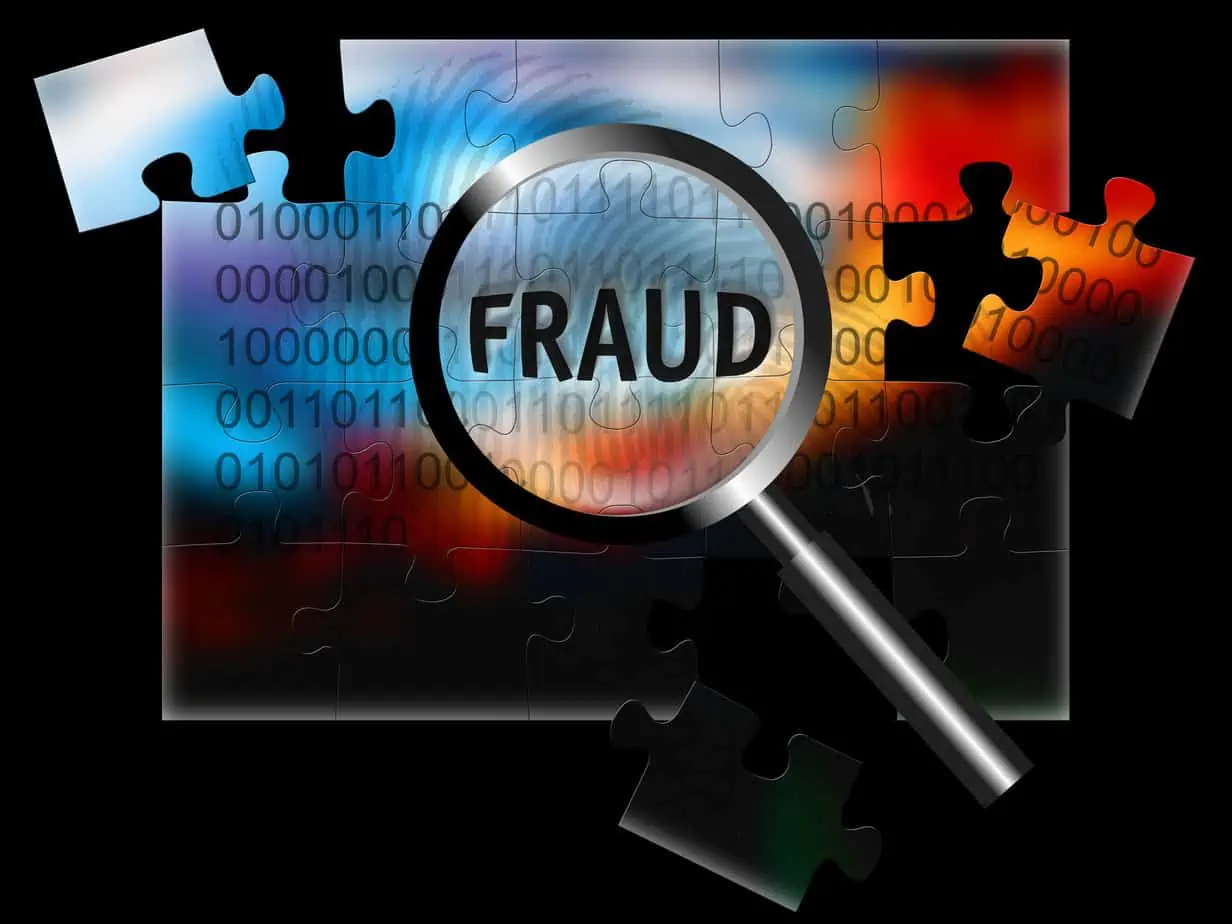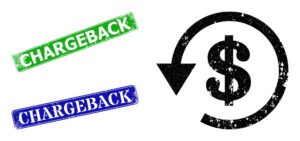Chargebacks are a headache for both merchants and credit card processing companies alike. They create problems with merchants getting money for the goods and services they provided, and can really cut into the profit for both small business owners and larger corporations.
Although chargebacks cannot be 100% gotten rid of, there are some steps that merchants can take to drastically reduce their occurrence. The more a merchant knows about processing procedures, the less likely it is a merchant will do something — or not do something — to prompt a chargeback. So let us help guide you through some very basic tips and guidelines for Chargebacks.
What is a Chargeback
Chargeback typically refers to the act of returning funds to a consumer. The action is forcibly initiated by the issuing bank of the card used by a consumer to settle a debt. Essentially what happens is a consumer disputes a transaction, and the credit card company’s bank responds by taking the money back from the Merchant and returning it to the consumer.
Customers dispute charges to their credit card usually when goods or services are not delivered within the specified time frame, goods received are damaged, or the purchase was not authorized by the credit card holder — the latter being the most common reason for a chargeback.
The chargeback mechanism exists primarily for consumer protection.
Why do Chargebacks Happen?
Here’s a roundup of the most common reasons a chargeback is filed:
- The card was fraudulent.
- The cardholder disputes the quality or receipt of merchandise.
- The amount charged to the card was incorrect.
- Processing errors were made during the transaction.
- Proper authorization was not obtained.
- The merchant did not fulfill a retrieval request.
Tips for Dealing with Fraud Face-to-Face
So what can you do to prevent fraud and chargebacks when you find yourself face-to-face with a potential fraudster? The following tips are intended to keep you from being the victim of fraud and will you avoid chargebacks when conducting in-store transactions.
- Never accept an expired credit card.
- Always inspect the card. Keep the card throughout the transaction. Never accept a card that appears to have been altered.
- Whenever possible, obtain a swipe of the card through the terminal and verify that the card number on the terminal matches the card number on the card.
- When the card will not swipe and you must manually key in the card number to your terminal, you MUS also get an imprint of the card using an imprinter with your merchant plate and have the customer sign the imprinted sales draft.
- In addition, if you are handwriting a sales draft, you need to fill out the draft completely with the transaction date and items purchased.
- Compare the name printed on the electronic sales receipt to the name embossed on the card.
- The embossing on the card should be clear and straight and the hologram should be smooth with the card and three-dimensional.
- Make sure the signature panel has not been tampered with.
- Compare the signature on the sales draft and the back of the card. The card must be signed. If the card is not signed, have the customer sign the card in front of you, and then check the signature on a picture ID. If the signature on the back of the card does not match the signature of the sales draft, do not continue with the sale.
- Use the account number-verifying terminals or visually compare the last four digits of the embossed account number to the four digits printed on the sales receipt to determine they are the same numbers in the same sequence.
- Also compare the four digits printed on the card with the first four numbers embossed on the card. The first four numbers should always match. If they do not, do not complete the transaction and notify the authorization center.
- Obtain an authorization for the full amount of the sale (though hotels may authorize within 15% of the total).
- If you receive a “call center” or “pick up card” message through your terminal, call the authorization center immediately and follow their instructions to the letter!
- If you receive a “do not honor” or “decline” message through your terminal, do not proceed with the transaction. DO NOT try again for an authorization; there is no protection for a transaction after you have received a “decline” or “do not honor” message, even if you receive an approval code on a second or third or fourth attempt.
It Might be Time for Code 10!
If you are suspicious of a sale, ask for a Code 10 Authorization. A separate phone call to your authorization center asking for a Code 10 Authorization lets the center know you have concerns about a transaction. A Code 10 Authorization is a universal code (like a safe word) that provides merchants with a way to alert the authorization center that a suspicious transaction is occurring. The Code 10 Authorization Operator asks a series of questions that can be answered with yes or no responses, just to keep things on the down low during the encounter; just remain calm and follow the operator’s instructions. And NEVER put your life in danger.
Reminder: Although an authorization code is required on all transactions, it does not guarantee that it is a valid sale made by the legitimate cardholder! Even if you follow all of these tips to the letter, the card issuer and the bank are still capable of making you responsible for any faults or cracks in their system. An authorization code means that the account is open and has the available credit at that time, but it is not a guarantee of payment. In fact, many chargebacks are commonly triggered not by fraud — but by buyer’s remorse.
For More Information
To find out more about Chargebacks and to gain some Chargeback Tips, be sure to CLICK HERE and read The Official Merchant Services Blog entry from January 9, 2012.


